Section 80U of the Income Tax Act, 1961, provides a tax deduction to an individual taxpayer who is himself/ herself suffering from a disability. However, the taxpayer must obtain a certificate as prescribed in the Income Tax Act, 1961. In this article, we have covered the diseases covered, certificate requirements, how to claim deduction in your income tax return.
What is Deduction Under Section 80U?
If an assessee is certified by the medical authority to be a person with disability during a financial year then he/ she can claim a deduction. The taxpayer must claim the deduction at the time of filing the income tax return. In order to claim the tax deduction the taxpayer must obtain a certificate.
Section 80U Deduction Limit
| Type of Disability | Deduction Limit |
| Non Severe Disability | Rs 75,000 |
| Severe Disability | Rs 1,25,000 |
Diseases Covered Under Section 80U
| Disease or Disability | Description |
| Blindness | A condition where a person suffers from any of the following conditions, namely:-(i) Total absence of sight. or(ii) Visual acuity not exceeding 6160 or 201200 (Snellen) in the better eye with correcting lenses; or(iii) Limitation of the field of vision subtending an angle of 20 degrees or worse |
| Low vision | “Person with low vision” means a person with impairment of visual functioning even after treatment or standard refractive correction but who uses or is potentially capable of using vision for the planning or execution of a task with an appropriate assistive device; |
| Leprosy-cured | “Leprosy cured person” means any person who has been cured of leprosy but is suffering from-(i) Loss of sensation in hands or feet as well as loss of sensation and paresis in the eye and eye-lid but with no manifest deformity;(ii) Manifest deformity and paresis; but having sufficient mobility in their hands and feet to enable them to engage in normal economic activity;(iii) Extreme physical deformity as well as advanced age which prevents him from undertaking any gainful occupation, and the expression “leprosy cured” shall be construed accordingly |
| Hearing impairment | Hearing impairment” means loss of sixty decibels or more in the better ear in the conversational range of frequencies |
| Locomotor disability | “Locomotor disability” means disability of the bones, joints muscles leading to substantial restriction of the movement of the limbs or any form of cerebral palsy |
| Mental retardation | “Mental retardation” means a condition of arrested or incomplete development of mind of a person which is especially characterized by sub normality of intelligence; |
| Mental illness | “Mental illness” means any mental disorder other than mental retardation |
How To Obtain A Certificate For Claiming Deduction U/S 80U?
To claim a tax deduction u/s 80U you must mandatorily obtain a certificate. The medical authority for certifying is:
- A Neurologist having a degree of Doctor of Medicine (MD) in Neurology (in case of children, a Paediatric Neurologist having an equivalent degree)
- A Civil Surgeon or Chief Medical Officer in a Government hospital
What Should Be Mentioned in The Certificate?
You must ensure that the certificate contains the following information.
- Name and age of the patient
- Name of the parent
- Address
- Name of the disease or ailment
- Name, address, registration number
- Whether the disability is progressive/non-progressive/likely to improve/not likely to improve
- Reassessment, if any, and the next reassessment suggested period in months or years.
- Qualification of the specialist issuing the prescription
- Name and address of the institution/ Government hospital,
- Signature of the patient and specialist
Important Definition Under Section 80U
| Term | Description |
| Disability | As mentioned in clause (i) of section 2 of the Persons with Disabilities (Equal Opportunities, Protection of Rights and Full Participation) Act, 1995 (1 of 1996), and includes “autism”, “cerebral palsy” and “multiple disabilities” referred to in clauses (a), (c) and (h) of section 2 of the National Trust for Welfare of Persons with Autism, Cerebral Palsy, Mental Retardation, and Multiple Disabilities Act, 1999 (44 of 1999) |
| Medical authority | As referred to in clause (p) of section 2 of the Persons with Disabilities (Equal Opportunities, Protection of Rights and Full Participation) Act, 1995 (1 of 1996), or such other medical authority as may, by notification, be specified by the Central Government for certifying “autism”, “cerebral palsy”, “multiple disabilities”, “person with a disability” and “severe disability” referred to in clauses (a), (c), (h), (j) and (o) of section 2 of the National Trust for Welfare of Persons with Autism, Cerebral Palsy, Mental Retardation, and Multiple Disabilities Act, 1999 (44 of 1999) |
| Person with disability | A person referred to in clause (t) of section 2 of the Persons with Disabilities (Equal Opportunities, Protection of Rights and Full Participation) Act, 1995 (1 of 1996), or clause (j) of section 2 of the National Trust for Welfare of Persons with Autism, Cerebral Palsy, Mental Retardation, and Multiple Disabilities Act, 1999 (44 of 1999) |
| Person with severe disability | A person with eighty percent or more of one or more disabilities, as referred to in sub-section (4) of section 56 of the Persons with Disabilities (Equal Opportunities, Protection of Rights and Full Participation) Act, 1995 (1 of 1996); orA person with a severe disability is referred to in clause (o) of section 2 of the National Trust for Welfare of Persons with Autism, Cerebral Palsy, Mental Retardation, and Multiple Disabilities Act, 1999 (44 of 1999). |
Things To Remember While Claiming Deduction Under Section 80U
- The tax deduction under section 80U is not available to a non-resident individual.
- If an assessee is eligible for a reassessment for the disability then he/ she must undergo reassessment and obtain a new certificate. During the financial year, the disability must be applicable.
- Section 80U does not require an assessee to retain any medical bills or any other proof.
- The taxpayer need to simply obtain the certificate in Form 10-IA
- You must submit Form 10-IA along with the income tax return
- You can claim the tax deduction at the time of filing the income tax return. Simply, mention the eligible amount under the head ‘Deduction under Chapter VIA’ and section 80U.
Frequently Asked Questions
No, you cannot claim tax deduction under section 80U in the new tax regime. The new tax regime does not allow deductions under Chapter VI of the Income Tax Act, 1961. Section 80U is a part of Chapter VI.
No, you cannot claim deduction under section 80U against the disability of your dependants. Section 80U provides a tax deduction to the taxpayer who is suffering from disabilities.
No, section 80U is not a part of section 80C. You can claim a tax deduction against tax-saving investments, other exemptions, and eligible expenses under section 80C. On the other hand, you can claim a tax deduction if you are suffering from a disability as prescribed by the department.
The amount of deduction in the case of a disability is Rs 75,000. While a deduction of Rs 1,25,000 is available to a person suffering from a severe disability.
A tax deduction under section 80U against the disability and severe disability is covered. You can claim a deduction of Rs 75,000 against a disability and Rs 1,25,000 against a severe disability. The diseases such as blindness, low vision, leprosy-cured, hearing impairment, locomotor disability, mental retardation, and mental illness are covered.
Popular Income Tax Sections
Related Articles
- What is Deduction Under Section 80U?
- Section 80U Deduction Limit
- Diseases Covered Under Section 80U
- How To Obtain A Certificate For Claiming Deduction U/S 80U?
- What Should Be Mentioned in The Certificate?
- Important Definition Under Section 80U
- Things To Remember While Claiming Deduction Under Section 80U
- Frequently Asked Questions











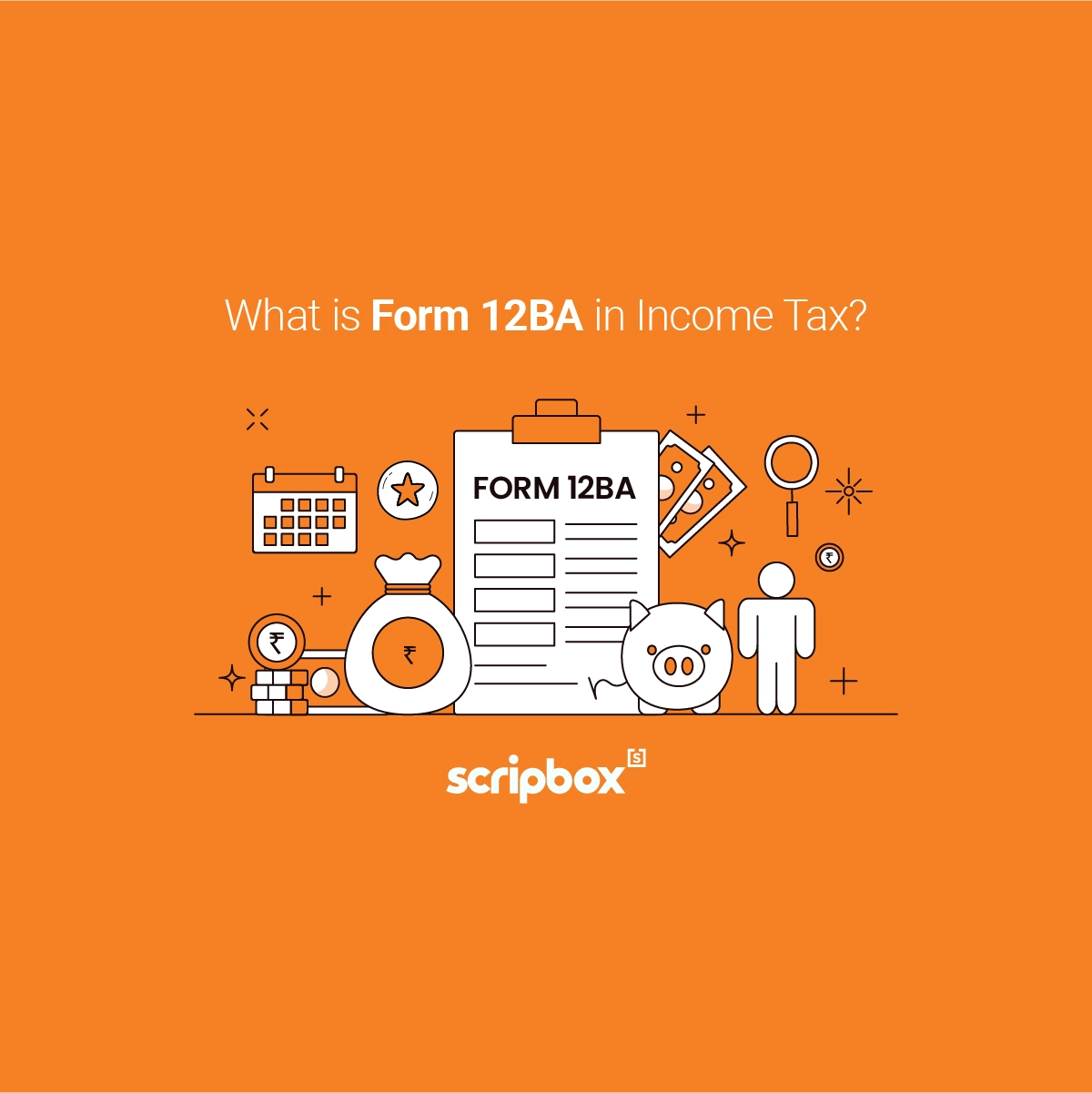
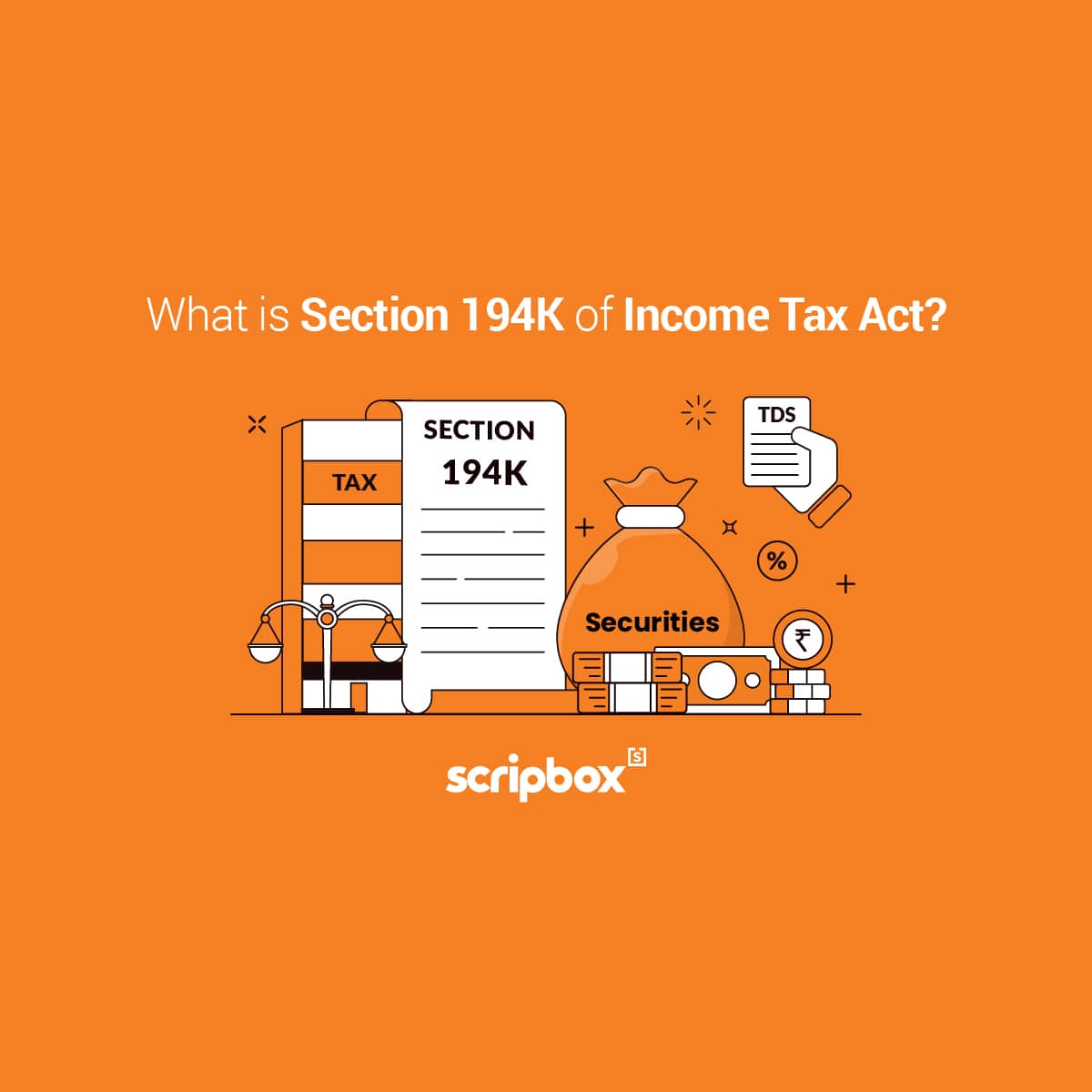
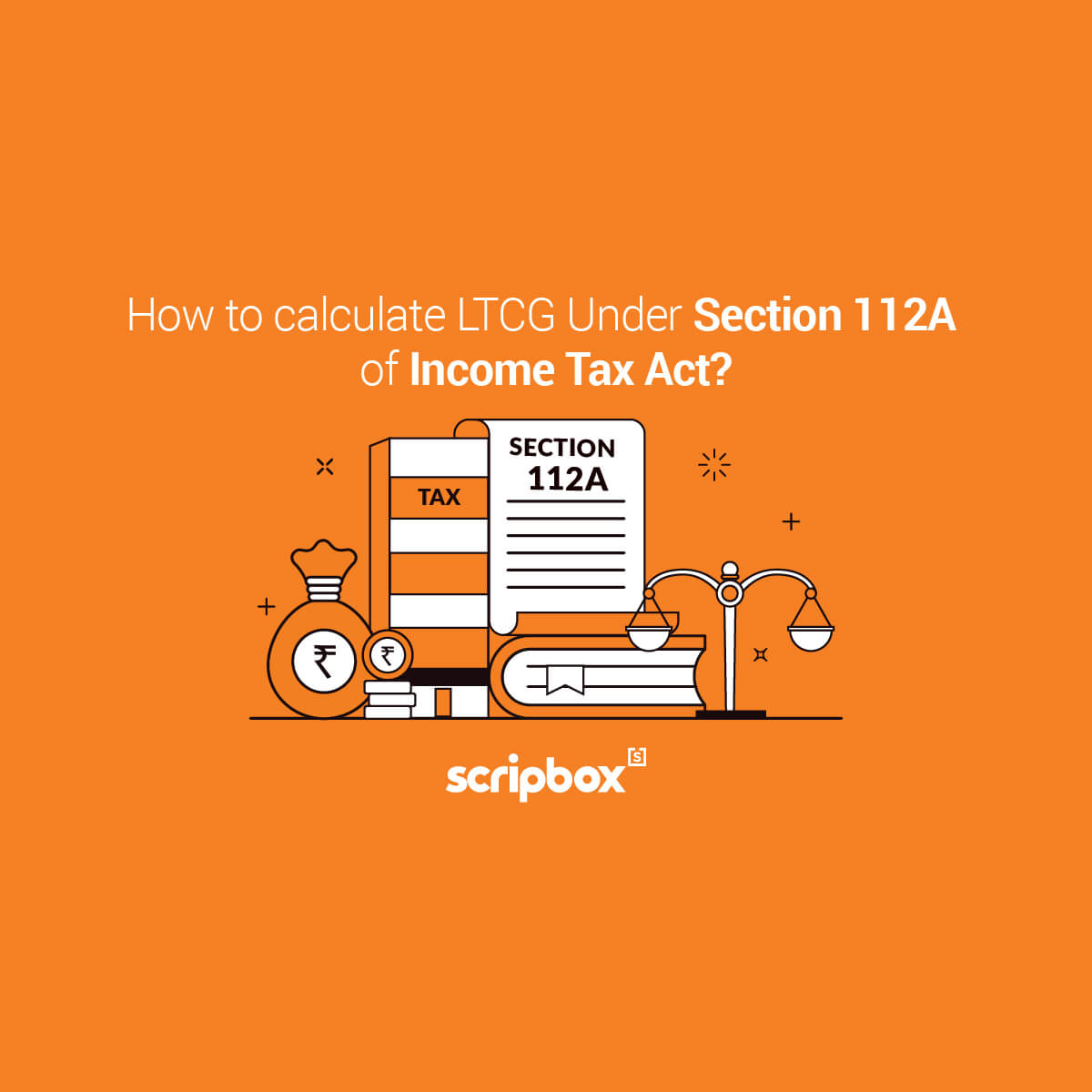
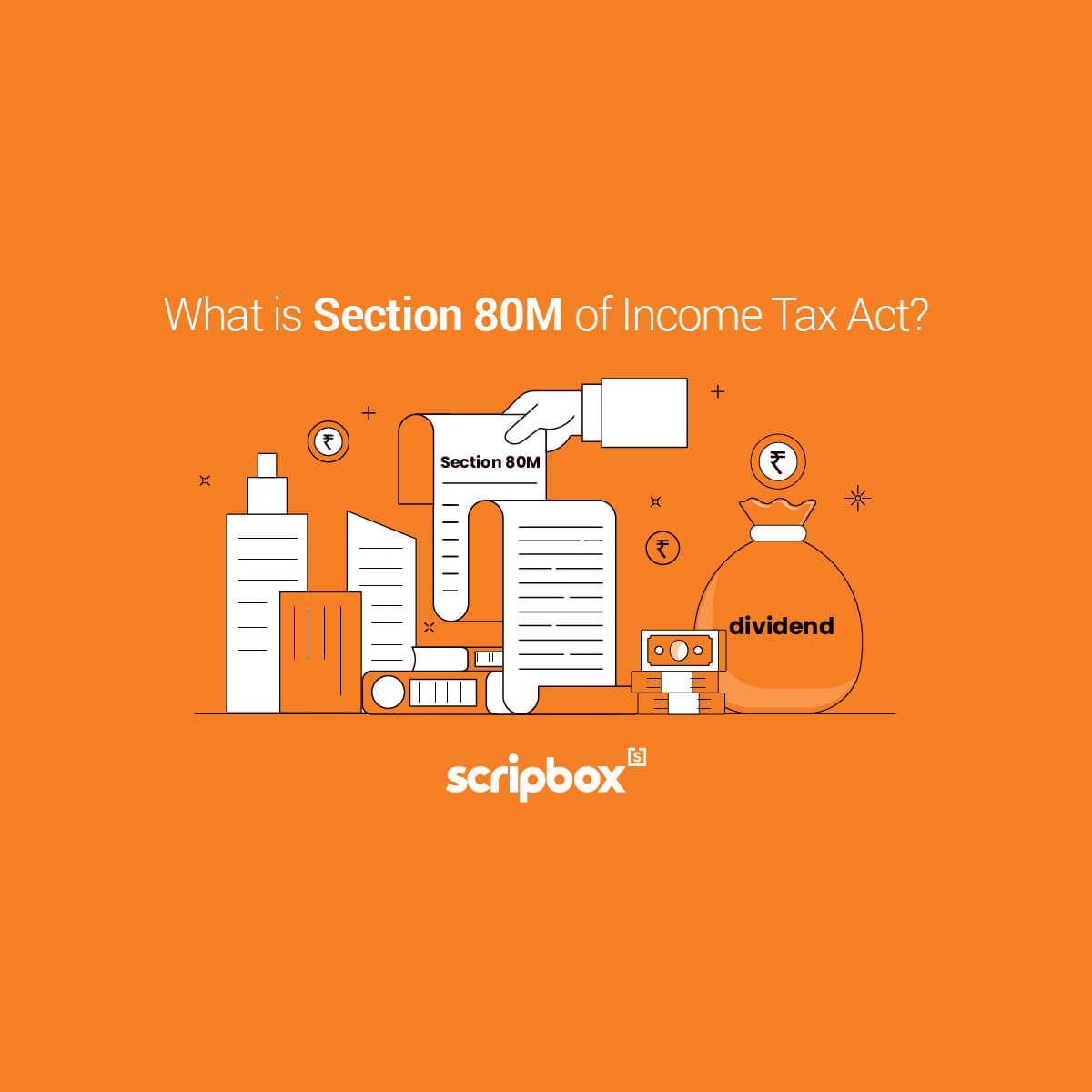
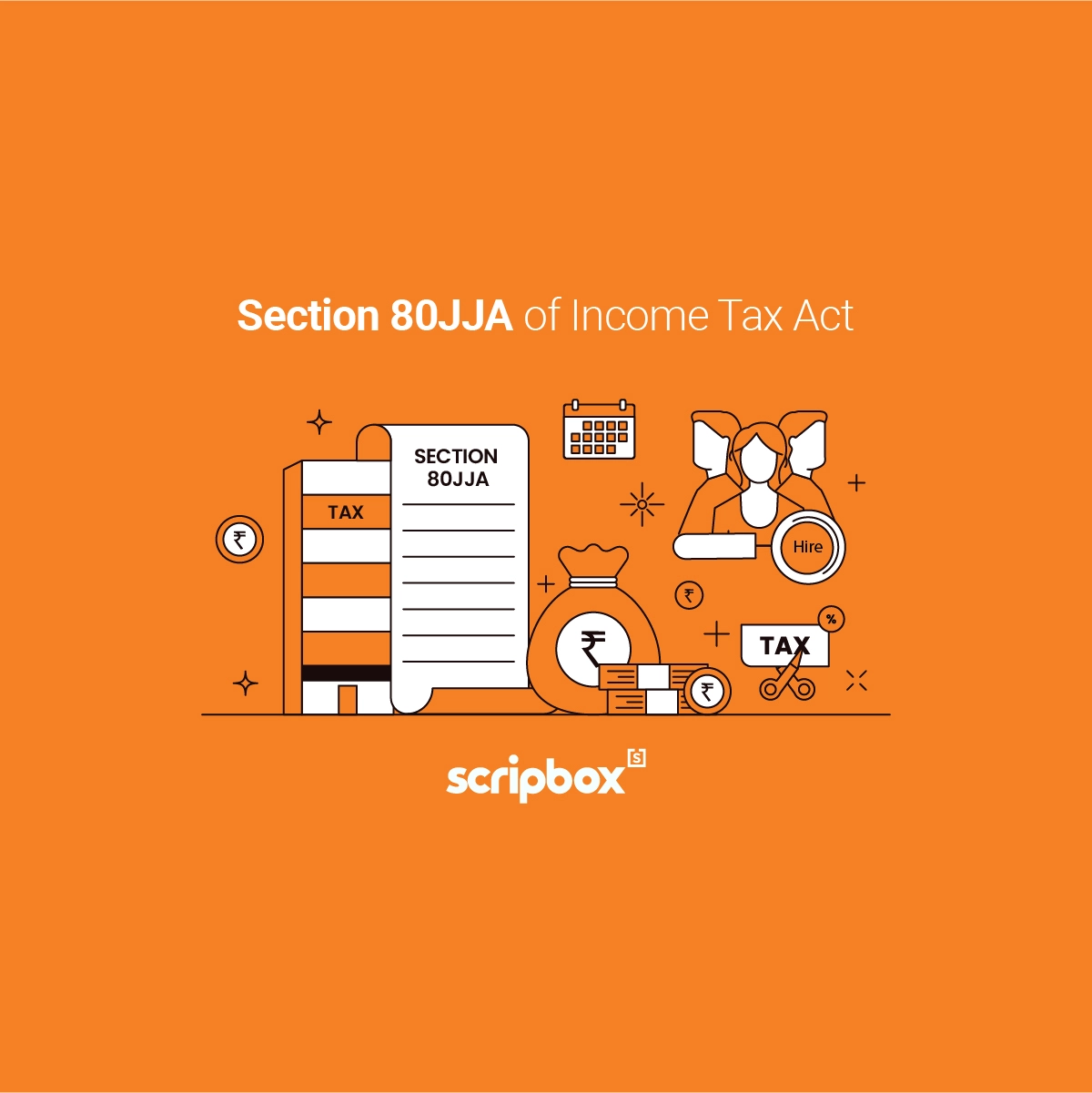
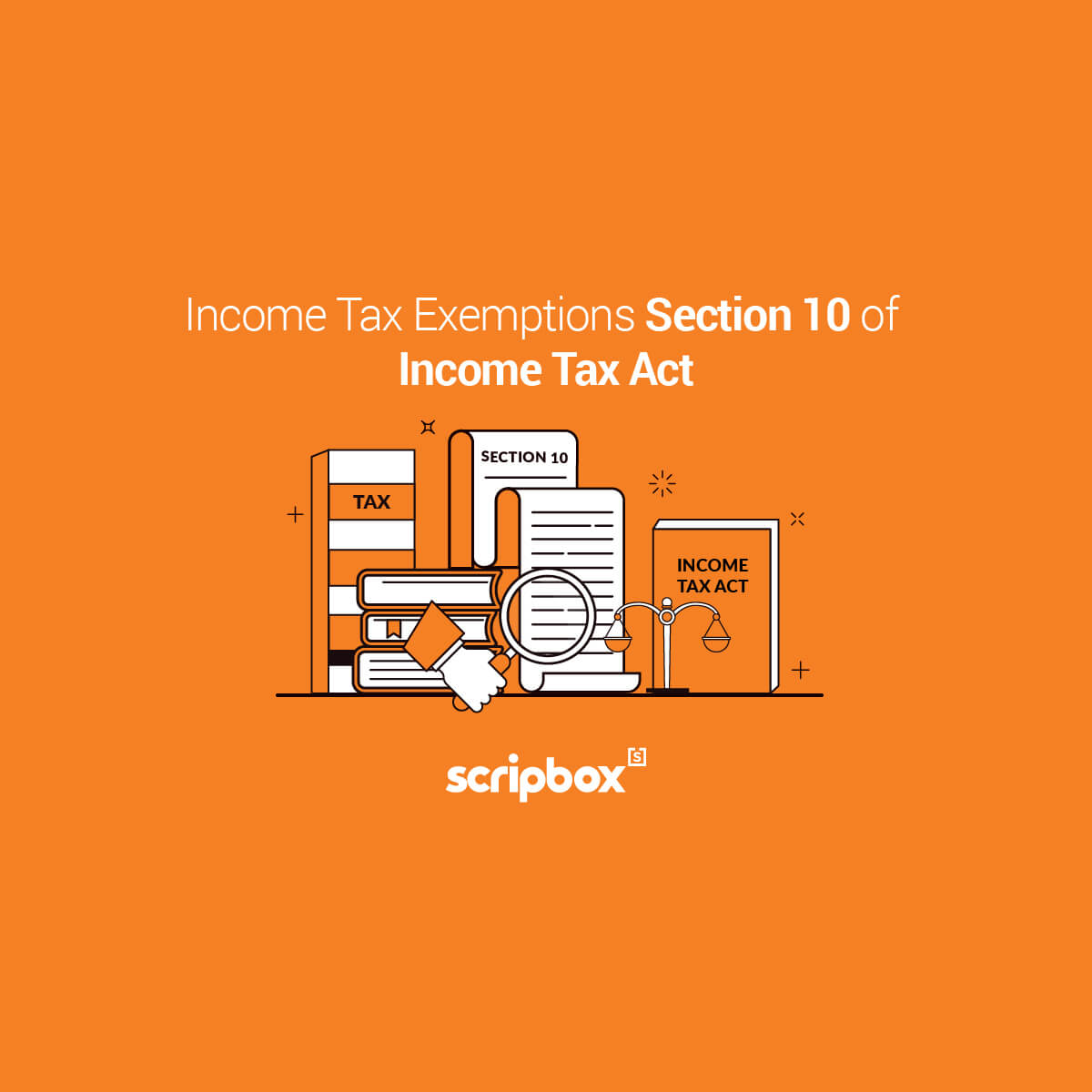






Show comments